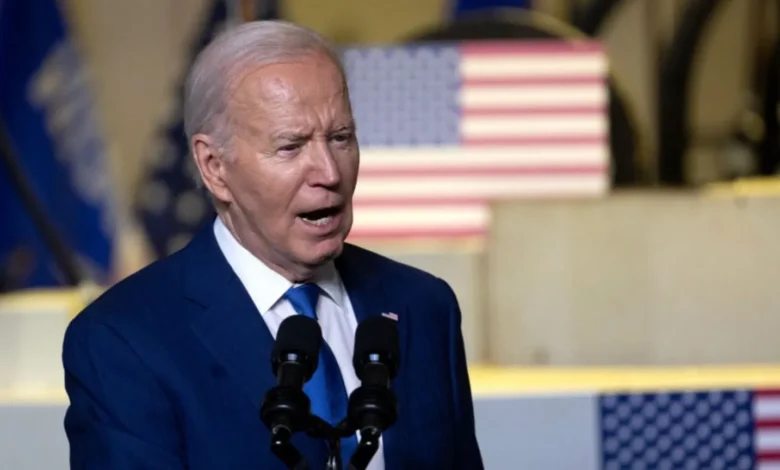
Biden to Halt Some Arms Supplies if Israel Invades Rafah
In a significant move amidst escalating tensions in the Israel-Gaza conflict, President Joe Biden has signaled that the United States would halt some arms supplies to Israel if it proceeds with an invasion of Rafah. This announcement comes as a notable shift in the U.S. stance on the conflict, reflecting growing international concern over the humanitarian situation in Gaza.
Rafah, a key city in the southern Gaza Strip, has been a focal point of recent tensions. The prospect of an Israeli invasion has raised fears of a further escalation in violence and civilian casualties, prompting swift international reactions.
President Biden’s decision to potentially withhold arms supplies underscores the delicate balance the U.S. seeks to maintain between supporting its ally Israel and addressing human rights concerns in the region. The move reflects a nuanced approach to the conflict, emphasizing the need for restraint and diplomacy.
The Israel-Gaza conflict has a long and complex history, characterized by cycles of violence and ceasefires. However, recent events, including clashes in Jerusalem and airstrikes in Gaza, have heightened tensions and drawn international condemnation.
The Biden administration’s stance on the conflict represents a departure from the unwavering support for Israel often seen in previous U.S. administrations. While reaffirming Israel’s right to defend itself, President Biden has also emphasized the importance of addressing the underlying causes of the conflict and working towards a lasting solution.
The decision to link arms supplies to Israeli military actions in Rafah reflects a broader shift in U.S. foreign policy towards the Middle East. Under the Biden administration, there has been a renewed emphasis on diplomacy and multilateralism, with efforts to reengage with international partners and address global challenges collectively.
As the situation in the Israel-Gaza conflict continues to evolve, President Biden’s approach is likely to face scrutiny from both domestic and international audiences. However, by taking a more nuanced stance and signaling consequences for military actions that exacerbate the humanitarian crisis, the Biden administration is positioning itself as a mediator for peace in the region.



